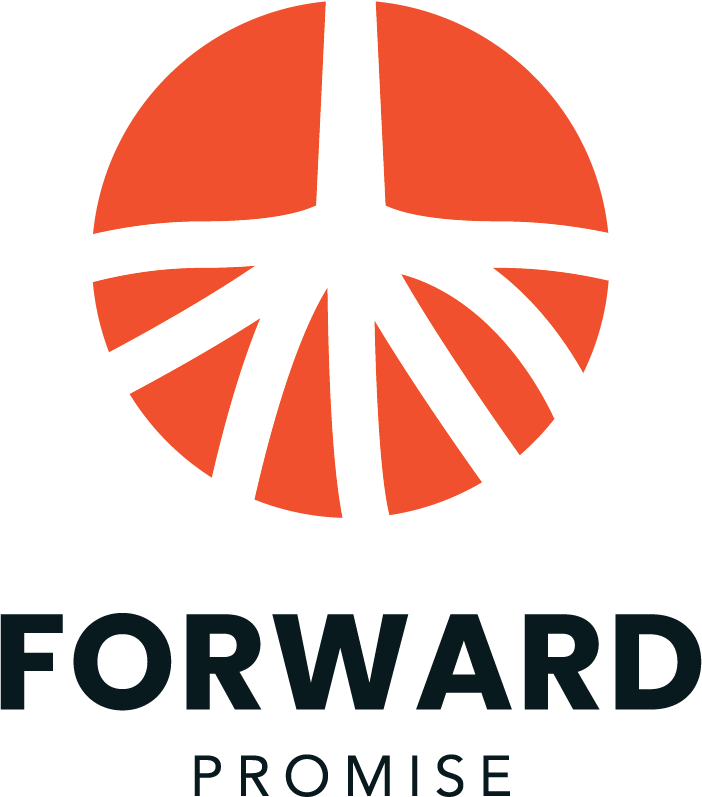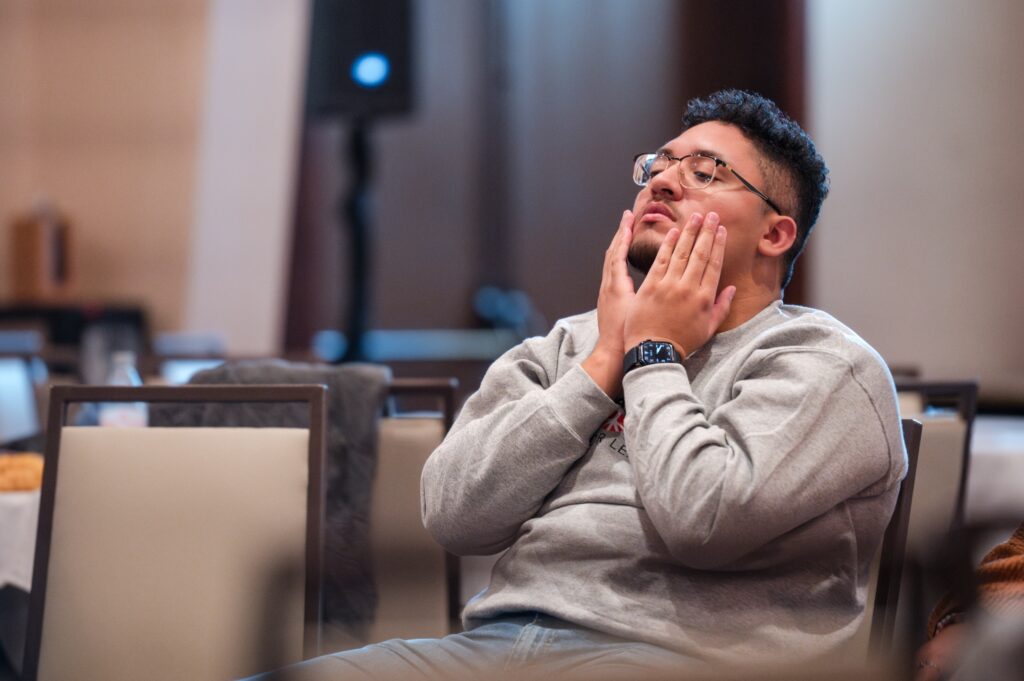This is a reflection woven together from what I learned from myself and others. I’m proud to say I am guided by this song travelling – through eras of movements and most recently through Ruth Ifakemi Efungbemi Jeannoel, Forward Promise Fellow (Cohort 3).
Solid as a rock, Solid as a rock,
Rooted as a tree, Rooted as a tree
We are here, We are here,
Standing strong, Standing strong,
In our rightful place, In our rightful place.
Now, after nearly two months since the conclusion of our Forward Promise experience, I’m still sorting through the many lessons I brought back with me to North Carolina. I recently turned 26 and have stepped into a Program Manager role at work. Each day, I work on how we can transform not only ourselves as stewards of interventions dismantling dehumanization but also the future leaders around us.
You’ll read online that the Forward Promise Fellowship for Leaders is a space for the healers to HEAL. But the most difficult thing for me to learn during this experience was finding the courage to confront your healers —and more importantly, yourself.
I’ve spent much of my early career fiercely advocating for youth and now, I find myself both confronting the ways I never allowed myself the space to rest and grappling with the ways the leaders around me fail to understand the issues I’m trying to address.
There’s an aggressive forgetting that happens when we, as healers, force ourselves to continue this work without participating in the healing we offer. We forget to experience the joy we’re fighting so hard for. In forgetting, we fail to see how much of our impact lies in our ability to heal as leaders. Without healing, we often risk becoming part of the very cycles that perpetuate the dehumanization we’re striving to dismantle.
We don’t always capture the essential, yet often intangible, role healing plays in our work. How do you measure connection? How do you quantify vulnerability? While challenging, measuring this radical healing and joy is essential to creating the communities we envision.
We engage so deeply in our work and hope that joy and happiness will naturally follow. But as we witness our finest leaders burn out, we reflect on all the moments we wished they had rested, taken a walk, or stepped away when they needed to. We regret the times we didn’t prioritize deliberate healing—for them or for ourselves.
If our dream is to leave a profound legacy in the way we nurture and socialize our youth — imprinting on them that oppression and terror in our communities can no longer exist, then we must lean into the weight of joy. This joy adds the depth and resilience needed to reshape the landscape for BIPOC youth.
One of the hardest things we will ever have to do in our work is to take care of ourselves when we are exhausted and stretched thin. Prioritizing our own well-being may invite dismissal, underestimation or criticism—but those judgments will come no matter what we do. The challenges we face, however, demand adaptive solutions and leaders who are courageous and strong enough to embody the change we want to see in the world.
It is through this confrontation that we uncover our responsibility to heal — and with it, our ability to truly transform the world around us. With healing, we hope to carry our communities forward and fulfill our promise of a safe and thriving future.


